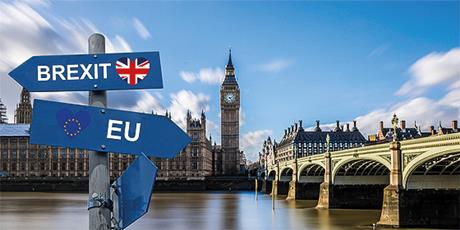The House of Commons Public Accounts Committee says that since the end of the transition period on 31 December 2020, UK trade volumes been suppressed by the impact of COVID-19 and wider global pressures “but it is clear that EU exit has had an impact, and that new border arrangements have added costs to business”.
MP’s have “repeatedly raised concerns about the impact of changes to trading arrangements on businesses of all sizes and we remain concerned”.
If cross border passenger volumes, that have been at a fraction of normal levels because of COVID-19, recover as may be expected during 2022 “there is potential for disruption at the border”, exacerbated by “further checks at ports as part of the EU’s new Entry and Exit system” and especially at ports like Dover where EU officials carry out border checks on the UK side.
The EU introduced full import controls at the end of the transition period. The UK government originally intended to do the same but has delayed three times over the last year and officials could not give a “complete assurance that it would not do so again”. Much remains to be done to introduce import controls, and in particular to ensure that traders and hauliers across the 27 EU member states are ready as the controls are phased in.
The Committee says government plans to create “the most effective border in the world” by 2025 is a “noteworthy ambition” but “it is optimistic, given where things stand today” and is not convinced that it’s underpinned by the plan to deliver it.
Dame Meg Hillier MP, Chair of the Public Accounts Committee, said:
“One of the great promises of Brexit was freeing British businesses to give them the headroom to maximise their productivity and contribution to the economy – even more desperately needed now on the long road to recovery from the pandemic.
Yet the only detectable impact so far is increased costs, paperwork and border delays.
The PAC has repeatedly reported on Brexit preparedness and at every step there have been delays to promised deadlines. It’s time the government was honest about the problems rather than overpromising.
In our view, there is much more work that Government should be doing in the short term to understand and minimise the current burden on those trading with the EU, to address the immediate delivery and readiness risks in introducing import controls, and to have a border in place which is operating effectively without further delays or temporary measures.”







